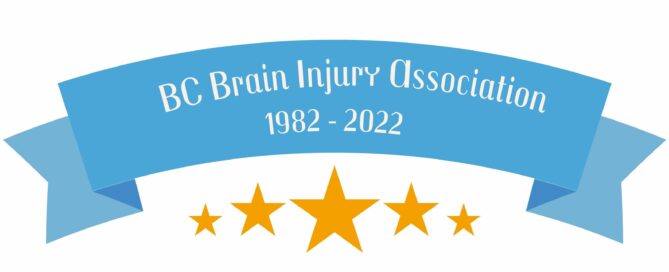Provincial Strategy for Brain Injury Support and Advocacy Needed Now by Janelle Breese Biagioni
This post is in r esponse to the recent announcement regarding involuntary care under the Mental Health Act. I want to acknowledge the thoughtful work that has gone into developing this important strategy, aimed at supporting individuals with complex mental health and addiction challenges, including those with acquired brain injuries. The goal of creating safer, healthier communities is one that we can all support.
esponse to the recent announcement regarding involuntary care under the Mental Health Act. I want to acknowledge the thoughtful work that has gone into developing this important strategy, aimed at supporting individuals with complex mental health and addiction challenges, including those with acquired brain injuries. The goal of creating safer, healthier communities is one that we can all support.
However, it is crucial that the enforcement of involuntary care be reserved for only the most extreme circumstances. To truly address the challenges faced by individuals with brain injuries and concurrent disorders, we must find a balance between crisis response and preventative […]







 Researchers are calling for more research on brain injury and domestic violence.
Researchers are calling for more research on brain injury and domestic violence.





 1 in 4 women in Canada will experience intimate partner violence (IPV) in their lifetime. In Canada, it is estimated that more than 200,000 women a year receive brain injuries inflicted by their intimate partners, with up to 92% of IPV incidents involving hits or punches to the head or face, banging of the head against a hard object, or strangulation. It is reported that for every one NHL player who sustains a concussion in sport, 5,500 Canadian women sustain the same injury from IPV. Survivors of IPV are at an increased risk of experiencing adverse medical health outcomes such as post-traumatic stress disorder, depression, anxiety […]
1 in 4 women in Canada will experience intimate partner violence (IPV) in their lifetime. In Canada, it is estimated that more than 200,000 women a year receive brain injuries inflicted by their intimate partners, with up to 92% of IPV incidents involving hits or punches to the head or face, banging of the head against a hard object, or strangulation. It is reported that for every one NHL player who sustains a concussion in sport, 5,500 Canadian women sustain the same injury from IPV. Survivors of IPV are at an increased risk of experiencing adverse medical health outcomes such as post-traumatic stress disorder, depression, anxiety […]

 Navigating Your Recovery Journey
Navigating Your Recovery Journey






 Dr. Julia Schmidt, PhD, BSC (OT) is the Principal Investigator of a new research study on the experiences of self-identity, self-awareness, and occupational engagement in individuals with traumatic brain injury.
Dr. Julia Schmidt, PhD, BSC (OT) is the Principal Investigator of a new research study on the experiences of self-identity, self-awareness, and occupational engagement in individuals with traumatic brain injury.